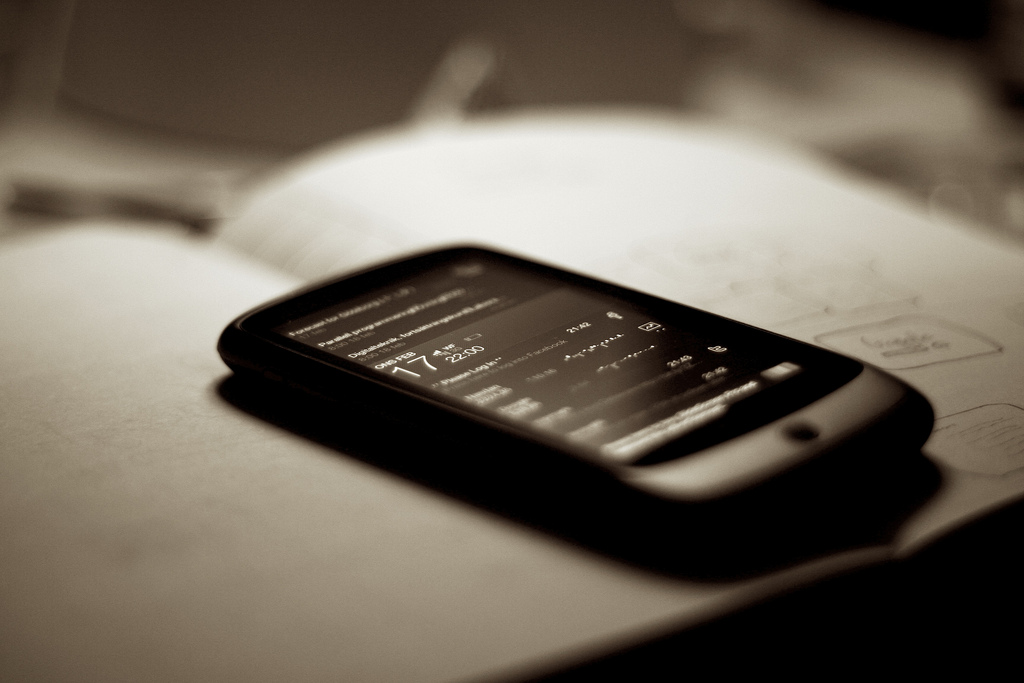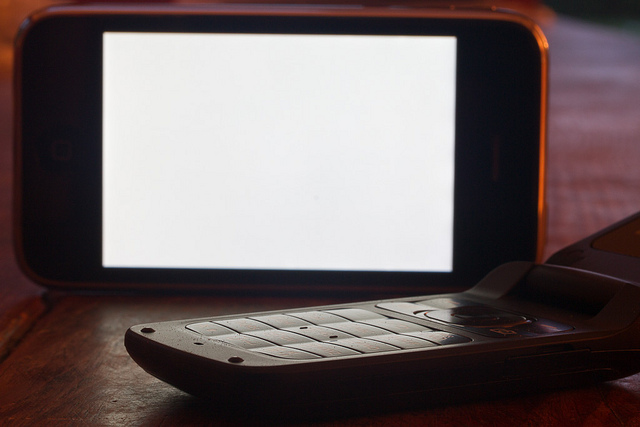They are meant to be anonymous, but an investigation conducted by VICE’s Motherboard found out there are a whole lot of companies that offer services such as linking unique smartphone IDs to real people. According to VICE’s tech media outlet, the data industry actively exploits a regulatory loophole that allows data brokers to link real people to mobile advertising IDs (MAIDs). This is a relatively important finding as people may not feel ecstatic knowing that a junior marketer in a private advertising agency can search around and get access to a person’s geographical history and smartphone use. Some would say this would be too much even for an NSA agent.
MAID is a unique advertising ID assigned to connected devices such as tablets, laptops, smartphones, and desktop computers. Such connected smart devices collect all sorts of data about user’s behavior – movements, habits, app usage, etc. It is meant to help advertisers approach people with more personalized ads, and it was supposed to maintain user anonymity. The information about a user’s behavior could be considered sensitive by many. Apple calls their advertising ID “Identifier for Advertisers” (IDFA), and Google refers to it as (AAID).
Data brokers call the service of identifying MAID’s owner’s real name and address “unmasking,” and VICE’s investigation shows that data brokers sometimes sell the whole package to advertisers. An undercover journalist who posed as a potential client got the CEO of a data brokerage company to confirm that MAIDs could easily be unmasked and would give advertisers not all the info that MAID generally provides but could connect it to full name, physical address, and other personally identifiable information (PII).
Technically, any person who has an app with advertisements installed is at risk of being de-anonymized by any of these data brokerage companies. For example, FullContact offers a product called Identity Graph that shows key user online and offline activities and personal and professional traits. This might be acceptable to some people, but consumers who are public figures or work as elected officials, or are part of sensitive industries such as law enforcement, might not be delighted with the lack of anonymity. The same goes for people who are from communities or backgrounds that often get targeted by criminals.
If you wish to limit the way Big Tech tracks you, you may want to review the settings in your Apple device’s Privacy section or your ads settings on your Android device. You also may want to reset your advertising ID and consider using a VPN solution. In some cases, antivirus software solutions include VPN in their packages too.





